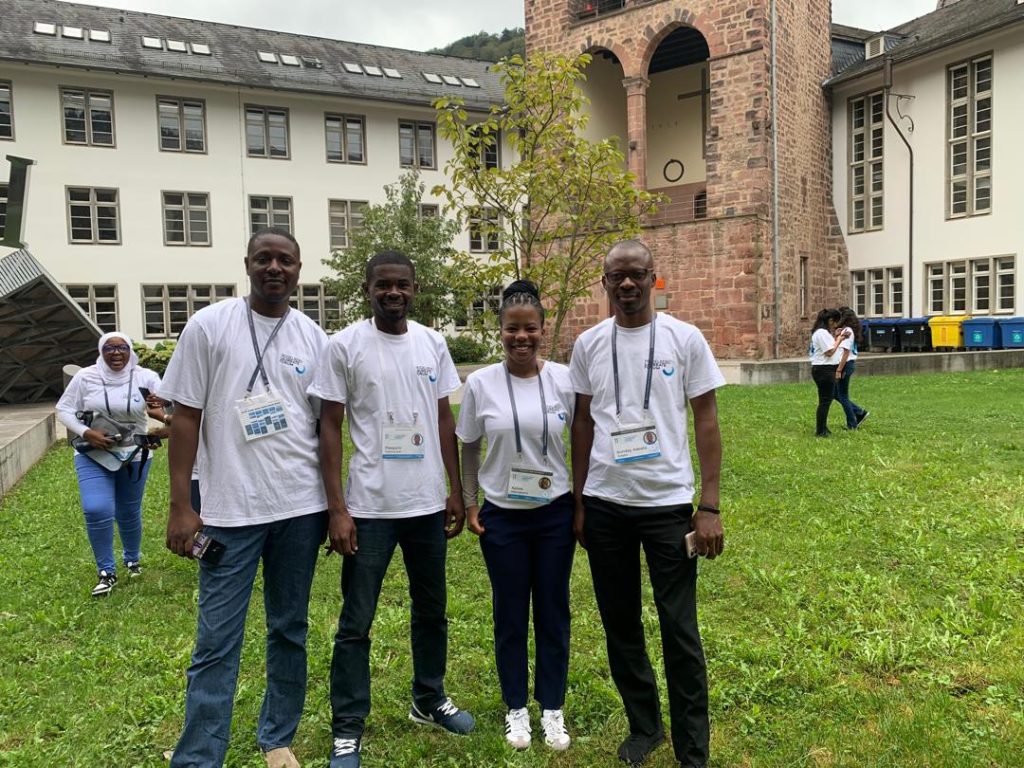By Hussaini Garba Mohammed
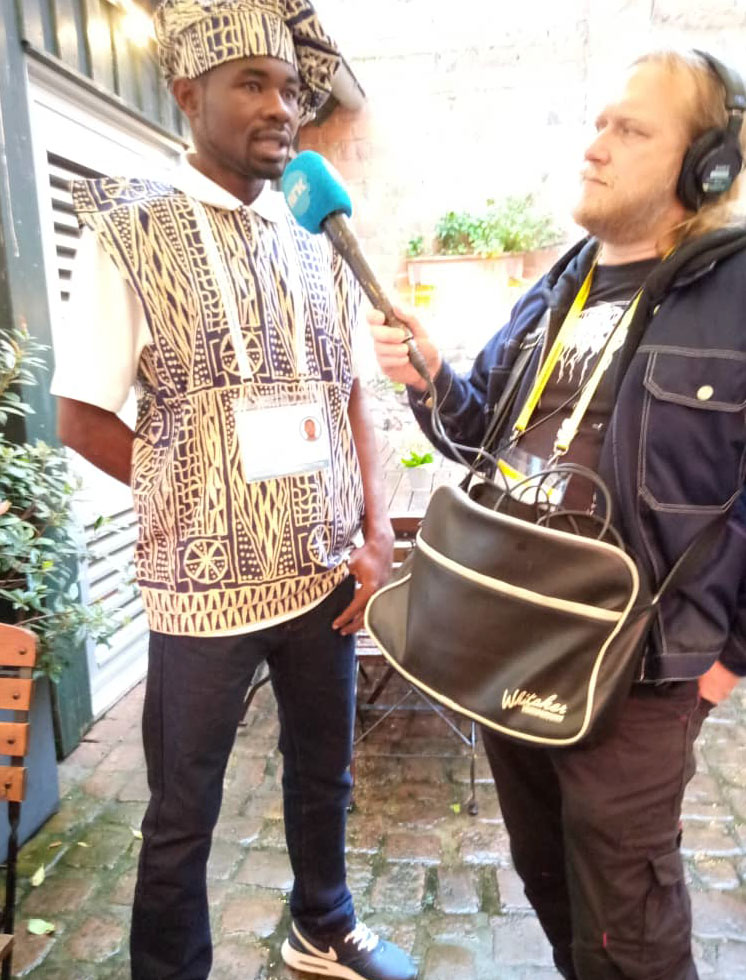
In an interview with Fotsing Soh Pasquini from Cameroon during the 11th Heidelberg Laureate Forum which took place from September 22 to 27, 2024, with different numbers of young and brightest researchers in mathematics and computer science for an unrestrained, interdisciplinary exchange.
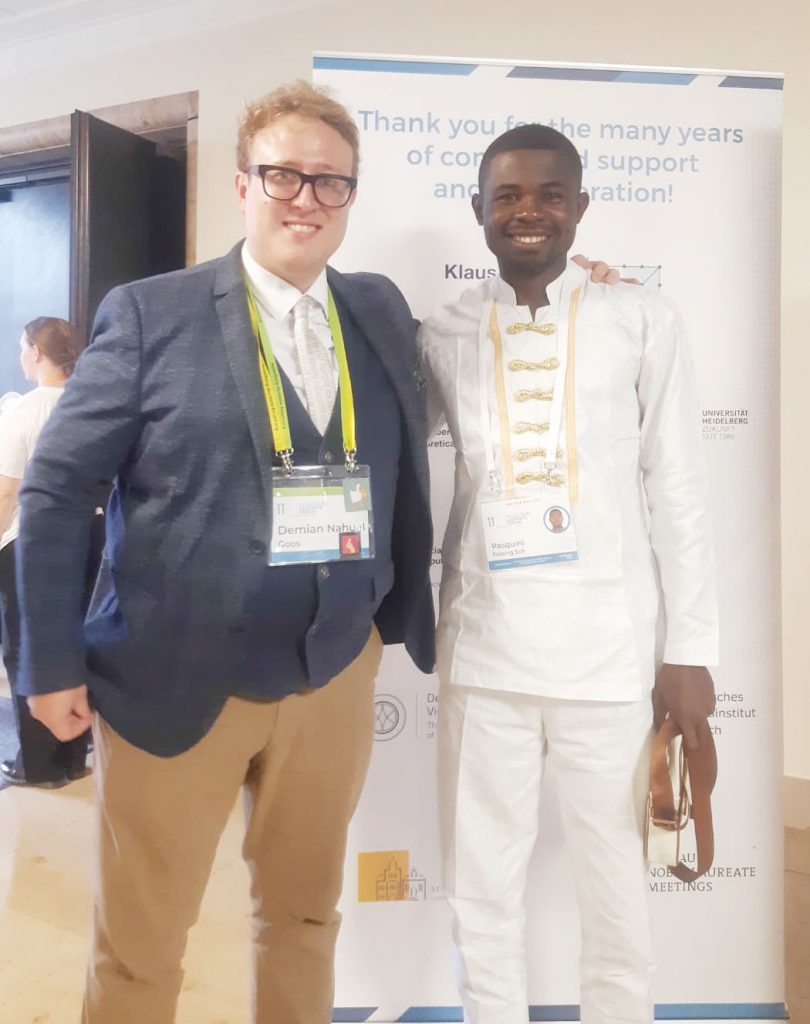
Q: There is an extensive list of texts on your profile in the HLF booklet which I encourage everyone to read. What do you think is the most important piece of advice on your achievement for young scientists across the globe, especially in your country?
Answer: What I think as the most important piece of advice on my achievement for young scientists across the globe and especially in my country is the network and collaborations with other researchers both locally and internationally, take advantage of opportunities to attend conferences, workshops, or seminars, and stay engaged with the latest developments in their field.
Q: As a 2nd time HLF young researcher shortlisted twice, to be at Heidelberg – Germany, it’s hard not to notice how talented you are. You seem to get an amazing amount of work done. How many hours a day do you spend thinking and adding more value to your research as opposed to other things?
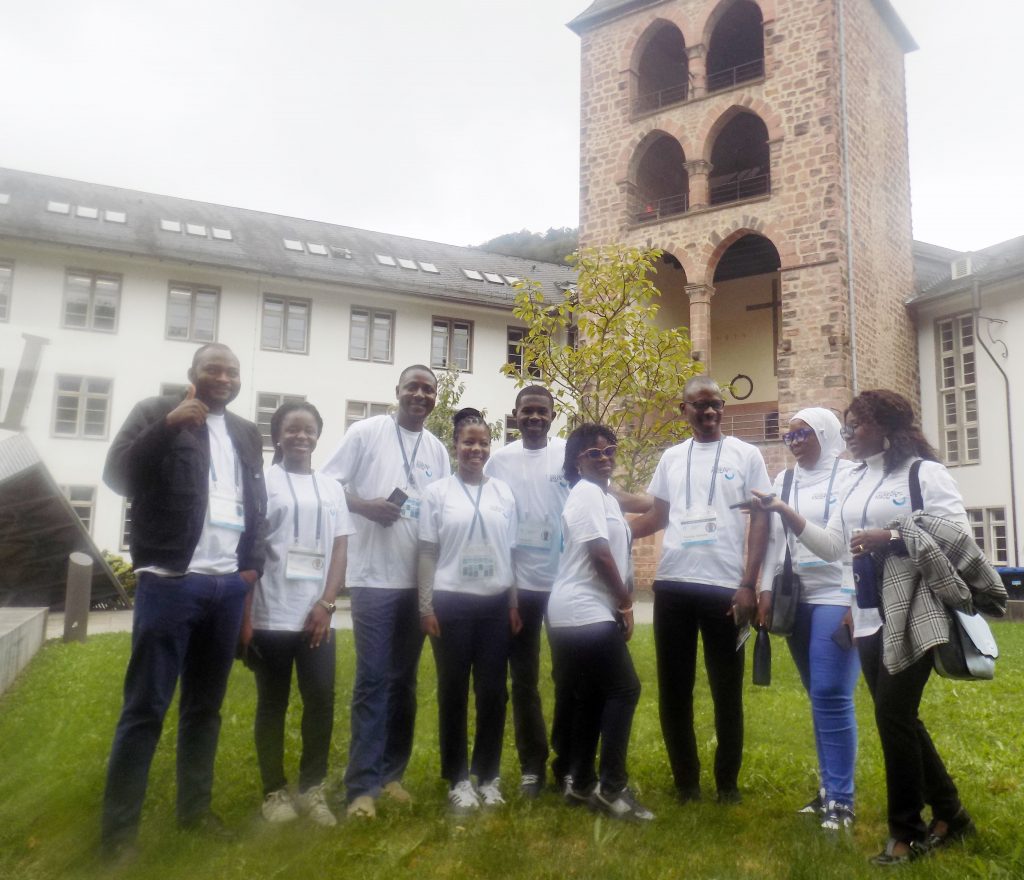
Answer: As a young researcher with big aspirations, the amount of time I dedicate to advancing my research each day isn’t fixed. It varies depending on the tasks scheduled for that day and their complexity. However, I always spend a minimum of 5 hours per day on my research.
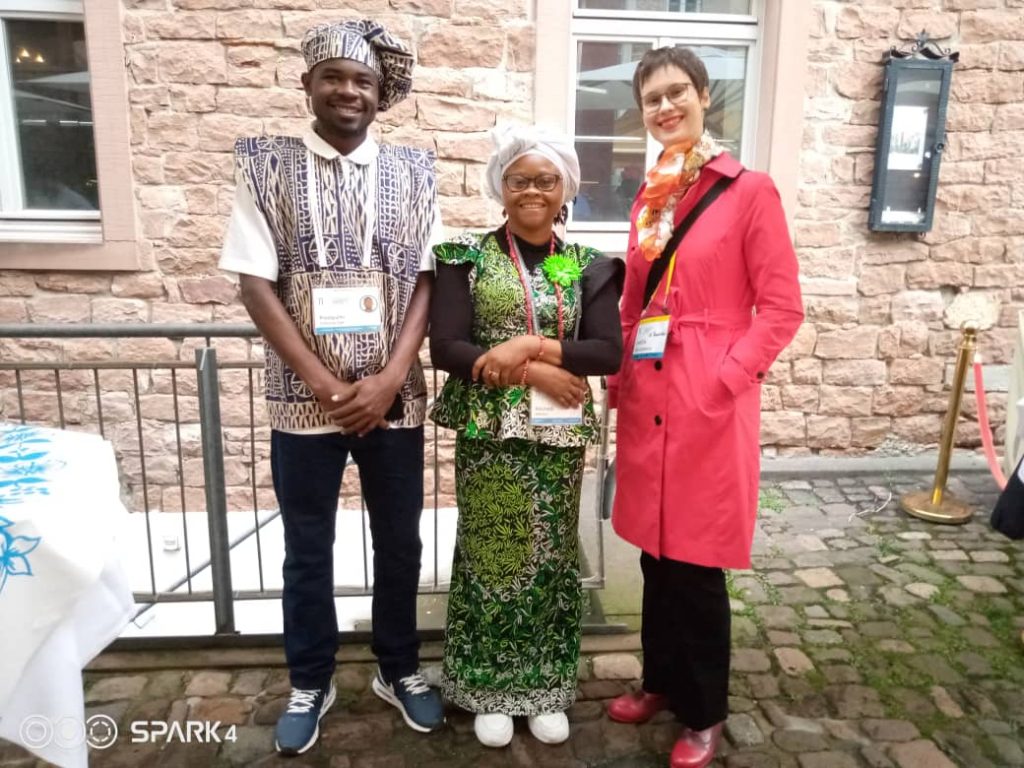
Q: Do you think new research work is a helpful skill for scientists? If so, why do you think they are the most helpful for young researchers?
Answer: Yes, I think new research work is a helpful skill for scientists because it is one of the most valuable skills for scientists that allow them to push the boundaries of existing knowledge and create innovative solutions to contemporary challenges. By conducting new research, scientists address specific problems that may not have been adequately tackled before, enhancing both scientific understanding and societal impact. This skill is most helpful for young researchers to cultivate creativity, develop essential skills, build a solid foundation for a successful scientific career, and to become independent scientists capable of tackling complex issues, whether they work in academia, industry, or government.
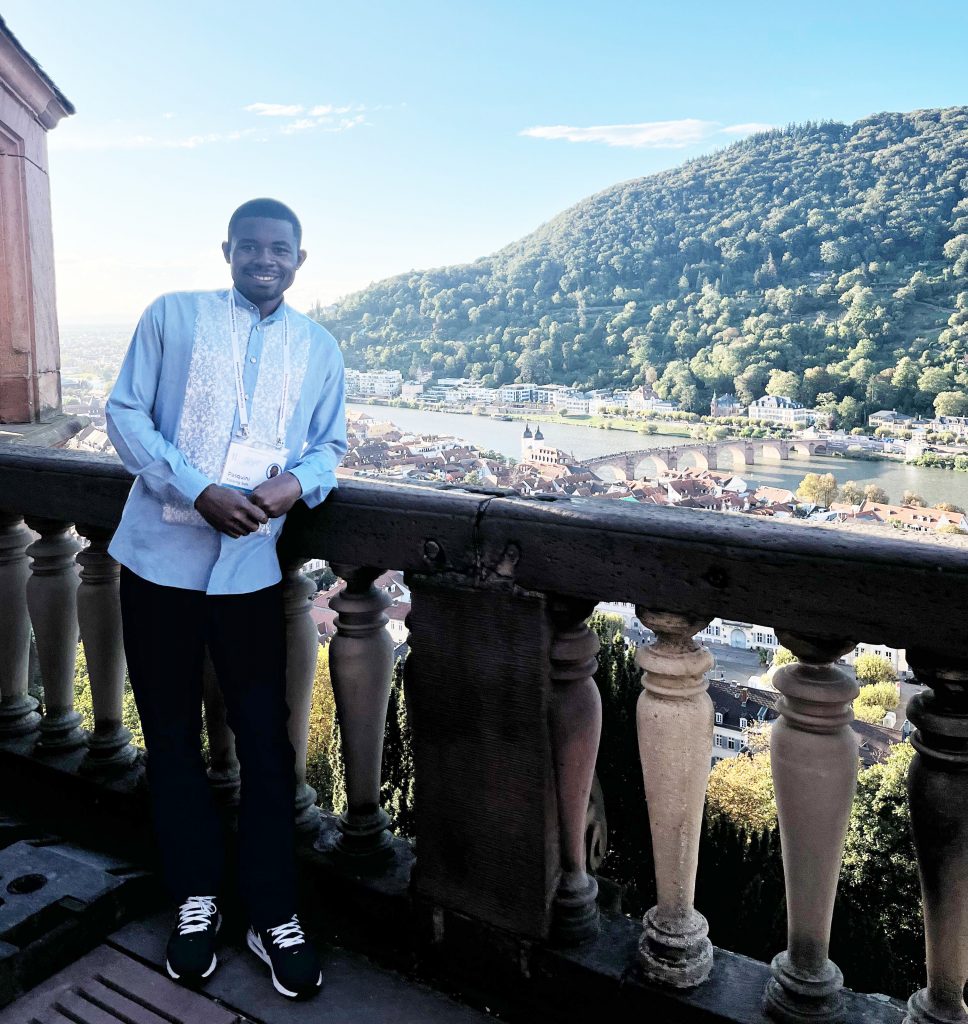
Q: You have collaborators in several fields. What is the most important element to having a successful young science collaborator, especially between different fields, different countries and from different universities?
Answer: The most important element to having a successful young science collaborator, especially between different fields, different countries and from different universities is to be motivated in interdisciplinary research projects and collaborate with scientists who share your passion for similar research challenges.
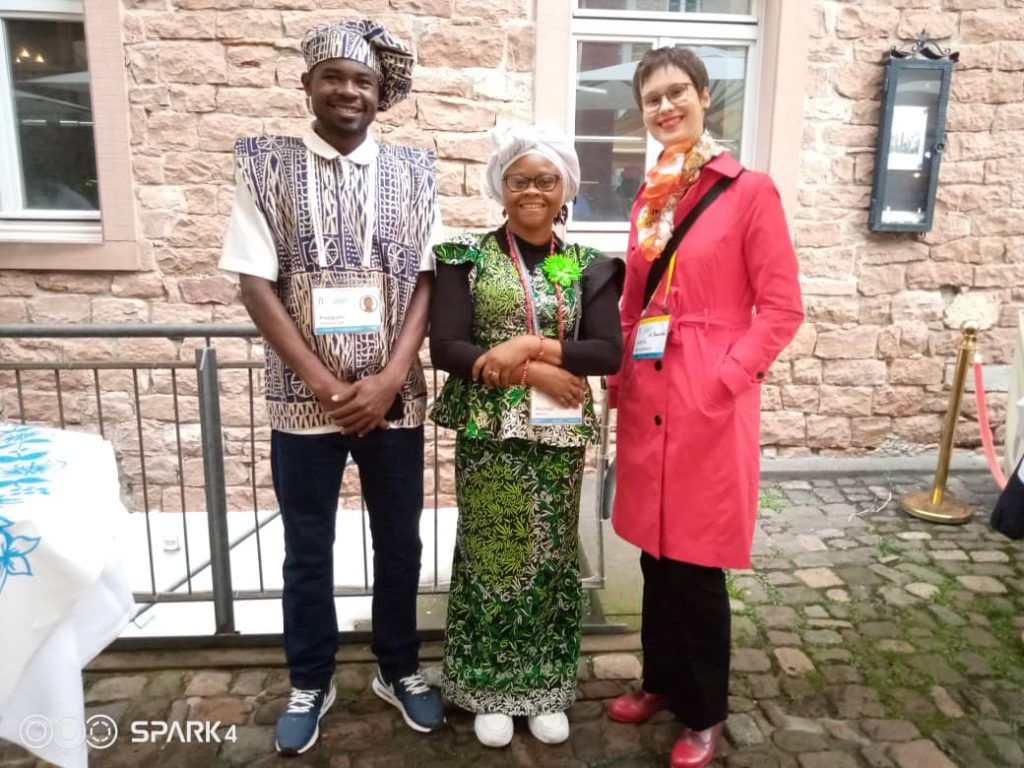
Q: During my research work as a science journalist, I once came across one quote from a professor, once said that a big part of all science thinkers is frustration management. How do you manage your frustration?
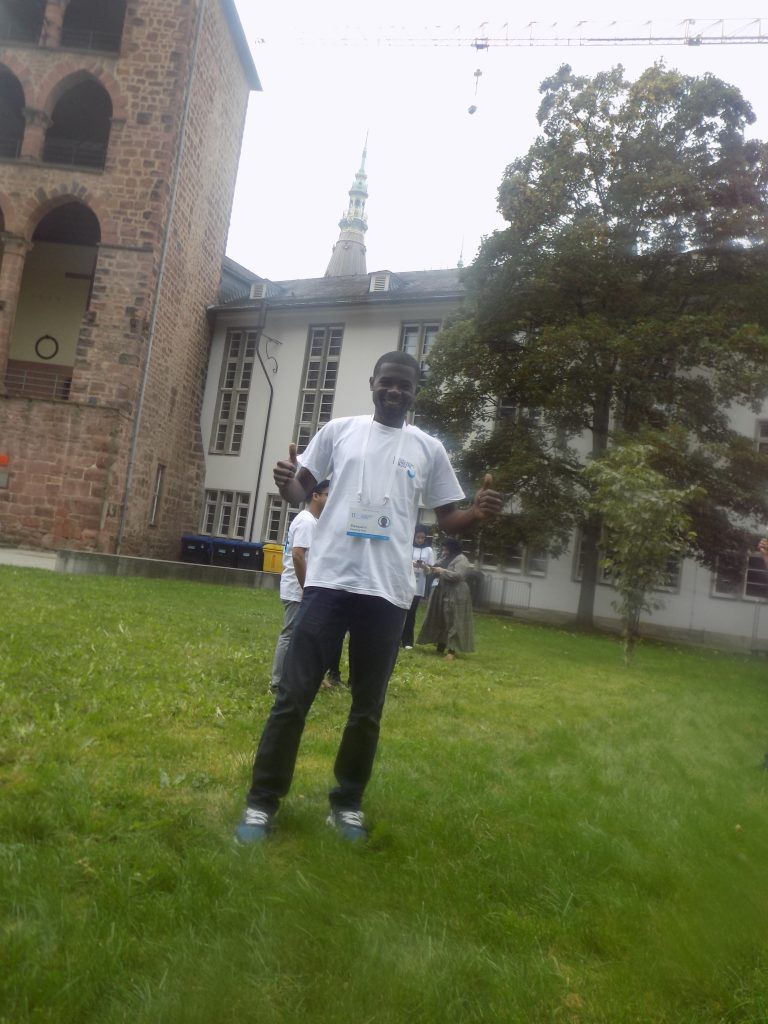
Answer: I manage my frustration by engaging in sports and consistently volunteering for public presentations whenever I get the opportunity. Speaking in front of large audiences is particularly frustrating for me, so to cope with that, I make it a point to practice presentations as often as possible. This is one of the reasons why, as an alumnus, I conducted a workshop during the 11th HLF.
